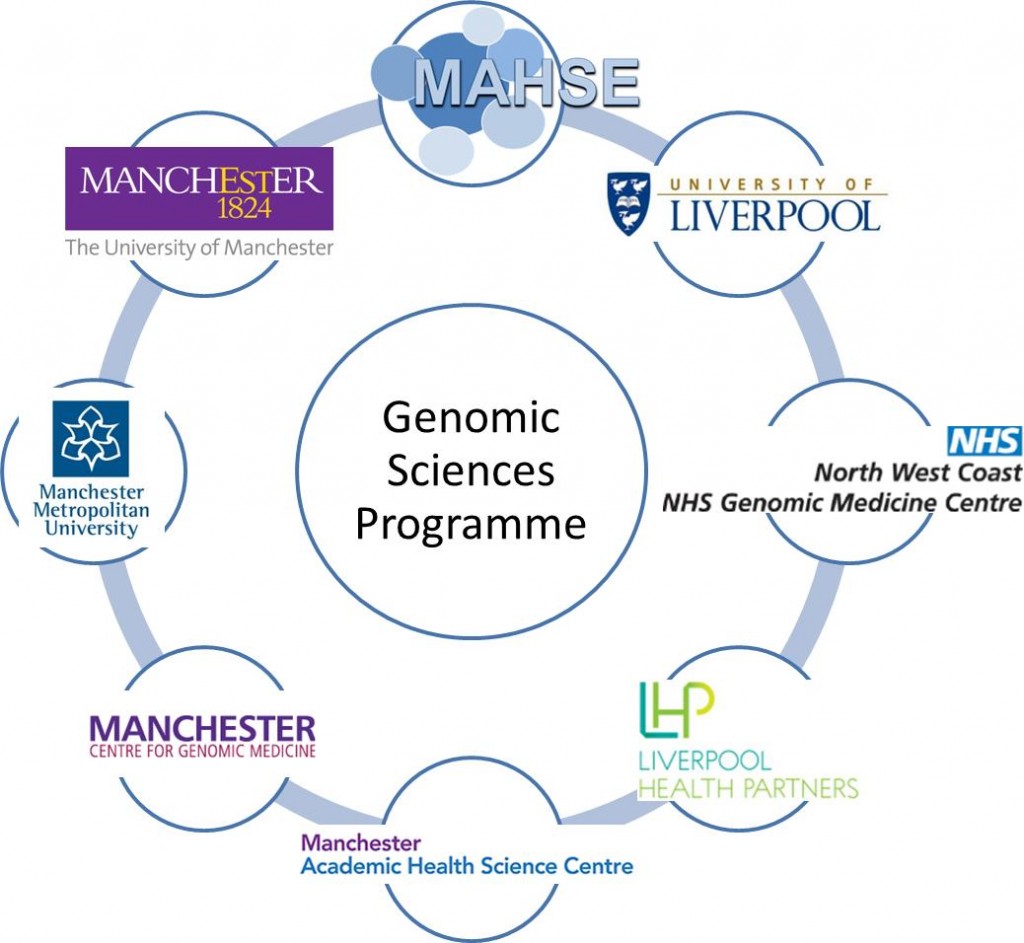Explore the world of a Clinical Bioinformatician and their important role in a patient’s journey
The University of Manchester have partnered with FutureLearn to create a five week, free, online course covering the role of Clinical Bioinformatics and Genomics in healthcare today.
The course will illustrate how the discipline of clinical bioinformatics provides an important bridge between the cutting edge science and the delivery of genomic medicine in clinical practice. Through a range of case studies and interviews, the course allows learners to experience the world of a clinical bioinformatician and brings sequencing techniques and data analysis processes to life.
Led by Dr Angela Davies and Professor Andy Brass, the course has been developed in conjunction with colleagues from the Faculty of Medical and Human Sciences and the Manchester Centre for Genomic Medicine. Week 1 of the course will explore what is meant by clinical genomics and how genomic sequencing technologies are transforming patient care particularly for patients with rare diseases. It will delve into the world of a clinical bioinformatician, to understand their role in the patient’s journey, what is challenging, why they enjoy it and how they feel they are making a difference in healthcare.
Enrolment is free and the course is open to all current practising healthcare professionals who are interested in learning more about the role of clinical bioinformatics and will also be applicable to people with an interest in the application of genomics in healthcare. It is not essential to have previous experience or knowledge of bioinformatics or genomics, although medical terminology is used.
The course starts on Monday 6th June 2016 and will run for five weeks, with a new set of learning resources made available each week.
For more information or to join please click: https://www.futurelearn.com/courses/bioinformatics/1







